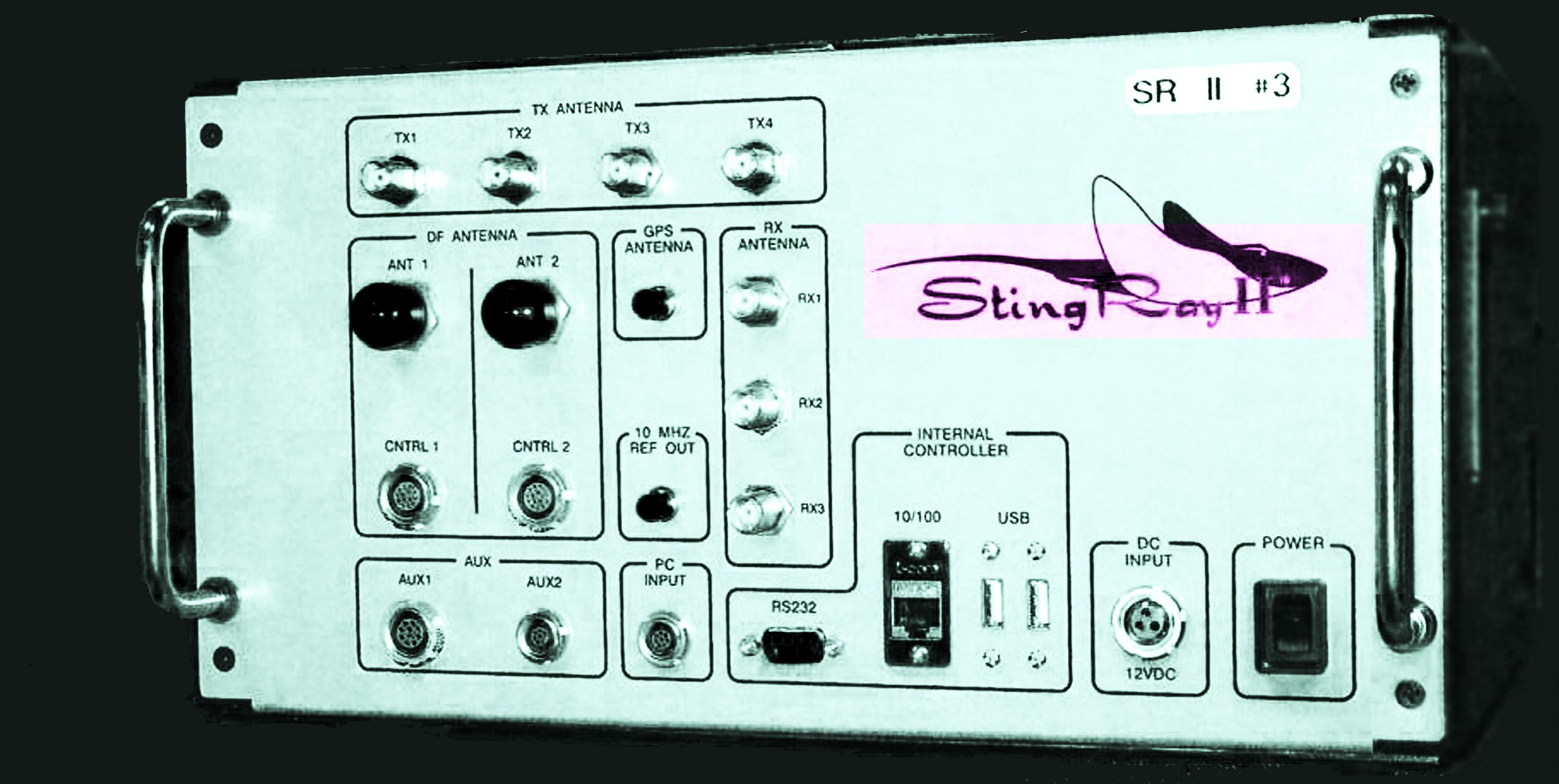On a late summer night last year, at around 10pm, 50-year-old army veteran Douglas Edmisten began twisting and turning in his bed. Something wasn’t right. He moaned in agony, grabbing his stomach. He was experiencing abdominal pain so severe that he vomited blood and lost all color in his face. Those around him called for help, fearing his life was in immediate danger, but their pleas were in vain. By dawn, Douglas Edmisten had died an excruciating death from internal bleeding.
He could have been saved. He deserved to be saved. But Douglas was a prisoner. And the staff at Cibola County Detention Center, who failed to provide him medical treatment for seven hours, didn’t value his life enough to call him an ambulance until it was too late.
The minor misdemeanor offenses he was charged with turned into a death sentence
The minor misdemeanor offenses he was charged with turned into a death sentence. Worse yet, Edmisten was scheduled to be released on bond the day before he died, but for an unknown reason, the bondsmen pulled the bond back.
Video footage and court documents in a wrongful-death suit brought by his family reveal gross negligence on the part of prison leadership and medical personnel, who continually sent him back from the medical unit to his jail pod in general population, even after he’d collapsed and defecated blood.
It was left to fellow inmates to comfort Douglas. One prisoner held his head while another read to him from a bible. At one point, a group of inmates held hands and prayed around him.
Sadly, what happened to Douglas is not unusual. Every day, men, women, and children suffer behind bars, deprived of adequate medical care and of their constitutional rights. Even though the courts have affirmed for nearly forty years that ignoring a prisoner’s serious medical needs amounts to cruel and unusual punishment, thousands of inmates are denied sufficient medical care each year.
New Mexico desperately needs jail and prison reform that will end cruel, inhuman, and degrading conditions of confinement that strip inmates of their dignity and health.
But we need more than that.
We need to revise pre-trial policies that make underprivileged Americans, like Douglas, dependent on the bail bond industry for their freedom. Locking people up because they lack sufficient financial resources for release runs counter to the American principle that one is innocent until proven guilty.
In November 2016, New Mexico took a step in the right direction. We passed a constitutional amendment stipulating that only those defendants who pose great danger to the community should be held without bail. The amendment states that those who pose no such danger and are not a flight risk are eligible for release, even if they can’t afford bail so that defendants are no longer locked up “solely because of financial inability.” In late June of this year, the Supreme Court issued rules that govern how the amendment is to be carried out.
These rules were not in effect at the time Douglas was sent to pre-trial detention, but if they were he’d likely still be alive.
While we’re hopeful that the new pretrial detention rules may alter an egregious pattern of disproportionately incarcerating the poor, we remain vigilant. We must keep a careful watch on the courts and the district attorneys to ensure they comply with Supreme Courts rules, as well as on the for-profit bail bond industry, which has a strong and powerful lobbying arm.
And we must continue fighting to ensure that inmates get the lifesaving healthcare they are entitled to under the law. Denying inmates medical treatment is not only morally repugnant, it’s unconstitutional.
Douglas lost his freedom because he lacked the money to post bond. He lost his life because Cibola County Detention Center didn’t think his life was worth the cost of a hospital bill. The rights to life and liberty shouldn’t come with a price tag, and the cost of poverty shouldn’t be death.
Date
Thursday, July 20, 2017 - 1:15pmFeatured image

